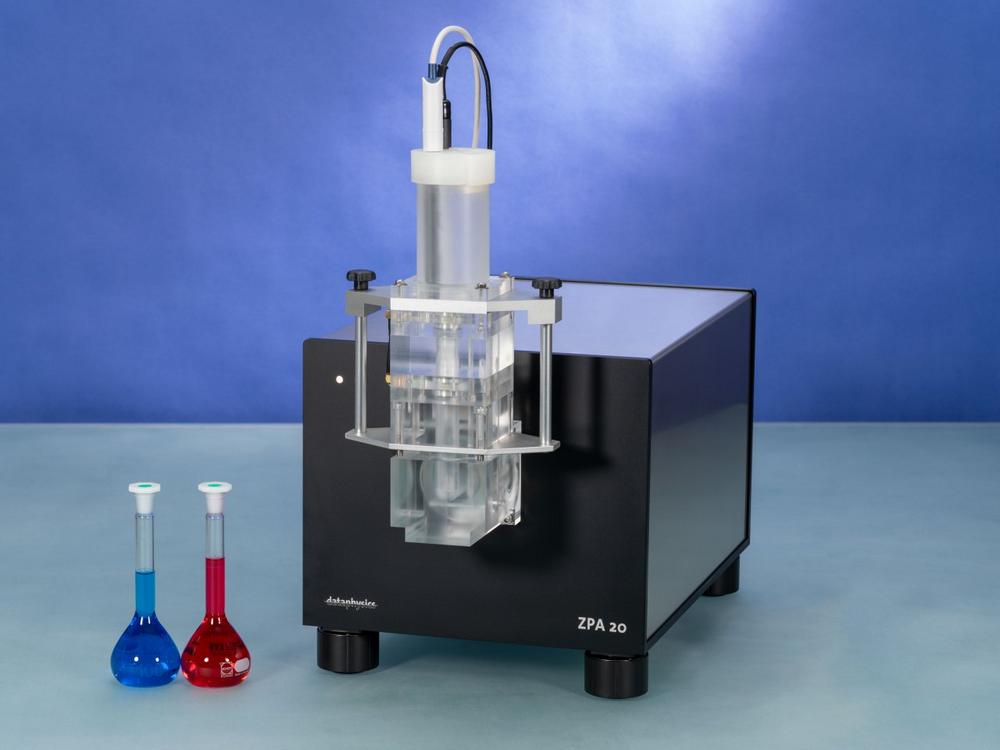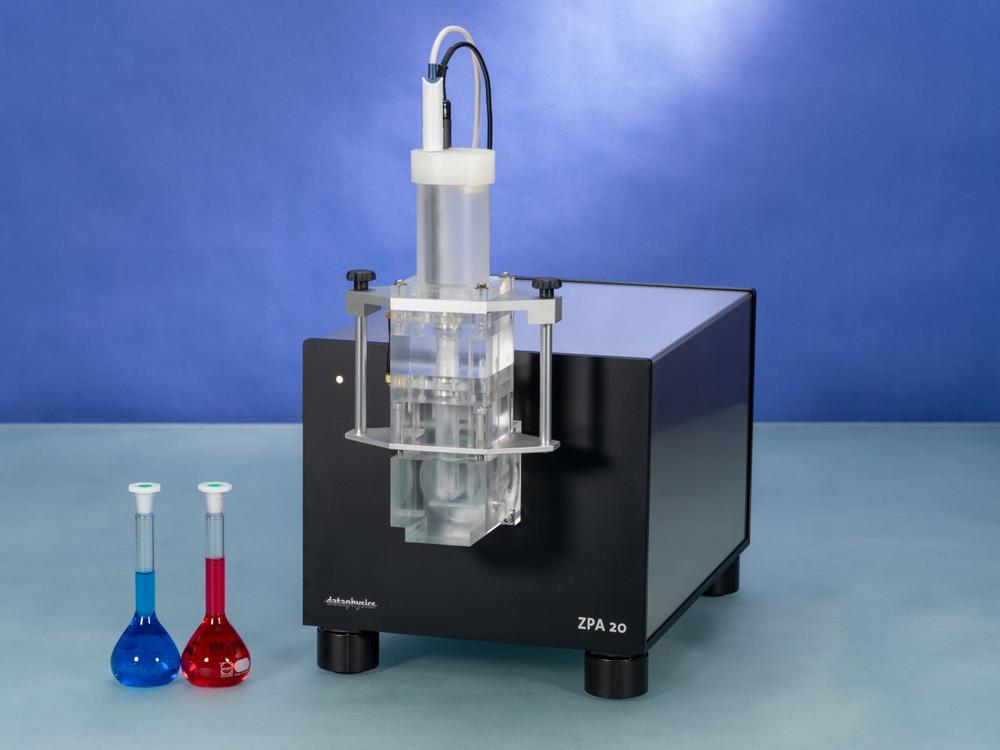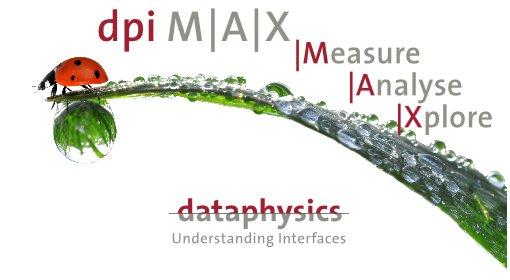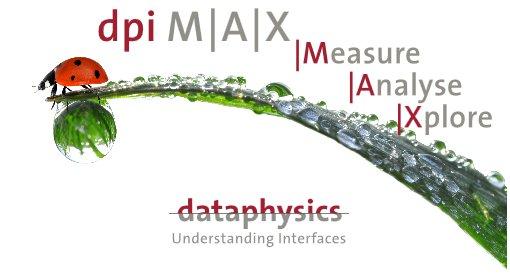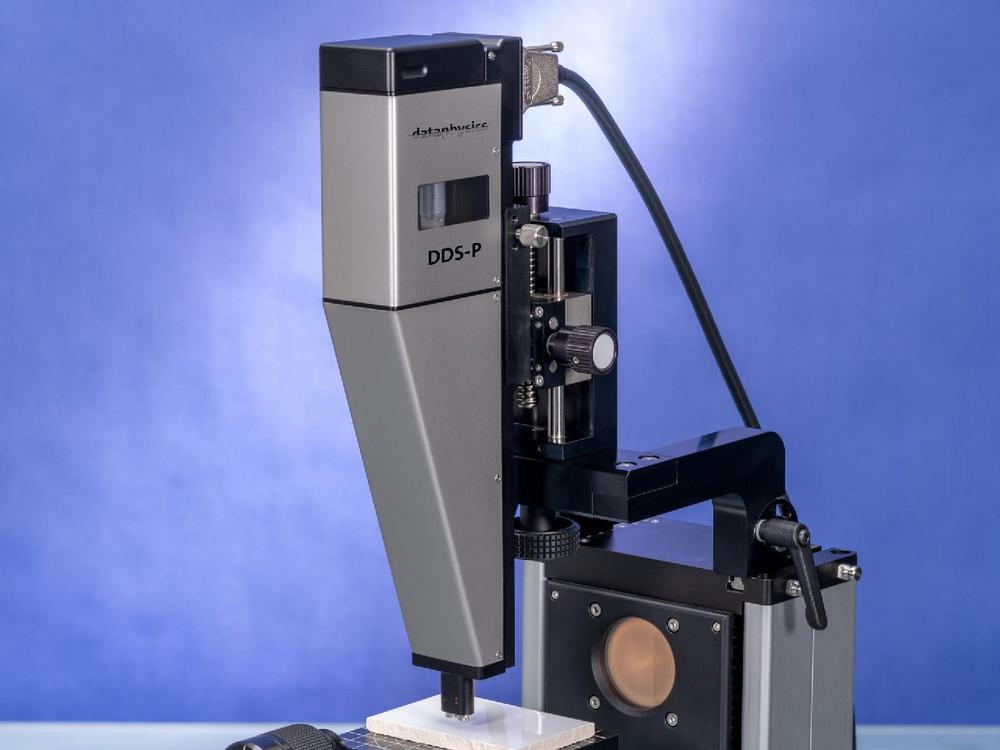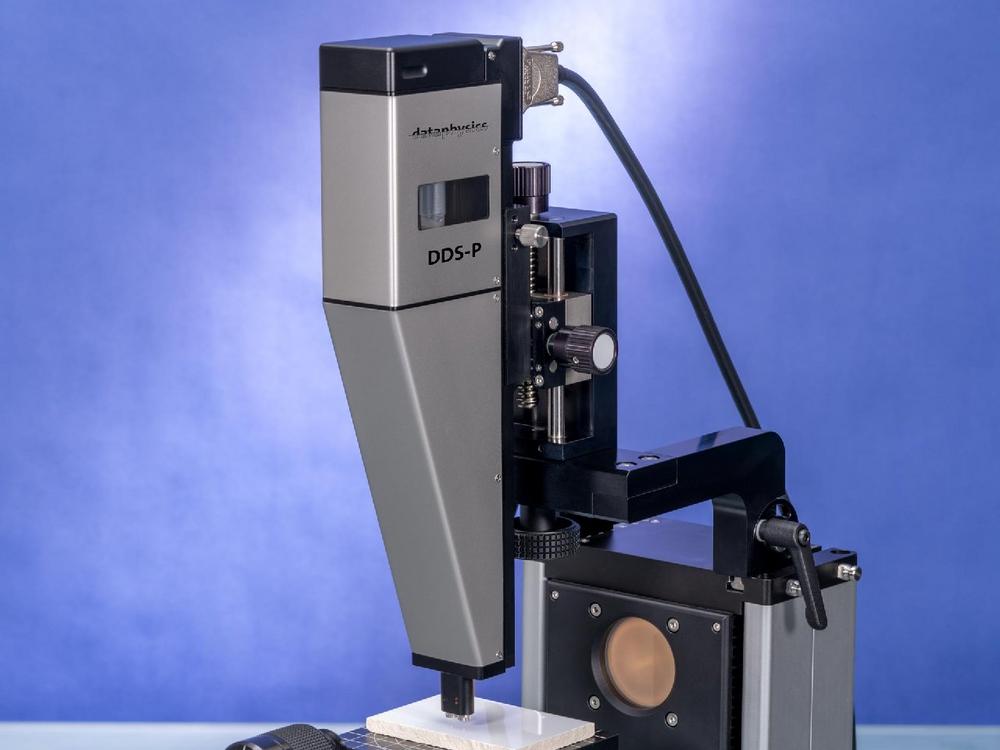The Leibniz Institute for Polymer Research in Dresden has successfully validated the measurement results of DataPhysics Instruments’ ZPA 20 zeta potential analyzer. The long-standing cooperation between the measuring instrument manufacturer and the institute has ensured that the measuring system meets the highest quality requirements. The bidirectional, oscillating measurement method used by the ZPA 20 zeta […]
continue reading